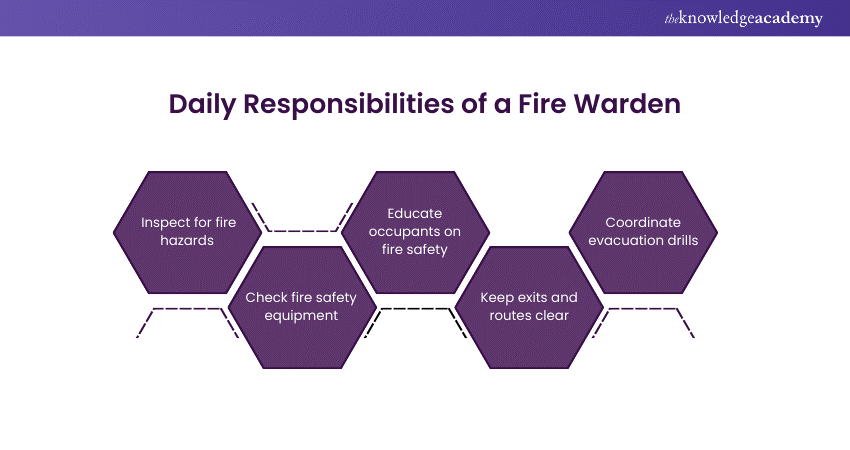Fire safety is a critical concern for any business operating in the United States.
Whether you manage a small office or a large corporate space, understanding fire safety protocols is essential to keeping everyone protected.
By the end, you’ll have a practical roadmap for ensuring your office meets the highest fire safety standards and safeguards your most valuable assets: your people.
The Importance of Workplace Fire Safety
Fires can happen anywhere, and offices are no exception.
Fire safety in the workplace protects more than just assets—it safeguards employees and visitors from harm.
Failure to comply can result in severe fines, legal liability, or even closure.
How Fire Brigade Training Prepares Offices for Emergencies
Fire wardens act as safety leaders, guiding colleagues to exits, checking on vulnerable individuals, and ensuring no one is left behind.
Training requirements vary depending on local regulations, building size, and occupancy type.
Well-trained fire wardens not only enhance safety but also help organizations pass compliance inspections, reducing legal and insurance risks.
Steps to Pass Fire Safety Inspections
Certification often includes on-site inspections and review of safety documentation.
To prepare, start by conducting an internal audit.
Proactive preparation not only simplifies renewals but also ensures continuous protection for your workplace.

How to Keep Your Office Fire-Safe Every Day
Fire safety isn’t just about passing inspections—it’s about maintaining vigilance every day.
Ensure that emergency exits remain unlocked, clearly marked, and free of obstructions at all times.
Employee engagement matters too.
Understanding the Risks of Non-Compliance in Fire Safety
Non-compliance can lead to fines, lawsuits, business license suspension, or even criminal liability if negligence results in harm.
Insurance coverage is also tied to compliance.
Investing in compliance is not just about avoiding penalties—it’s about protecting your assets, your team, and your future.

Why Every US Business Needs Strong Fire Safety Practices
Whether you run a small office or a large corporate campus, robust fire safety strategies are a non-negotiable part of doing business.
By investing in fire warden training, maintaining up-to-date certifications, and conducting regular safety audits, organizations position themselves for long-term success.
As fire risks evolve and workplace environments change, staying proactive is essential.
Your Questions Answered: Fire Safety in US Businesses
Do all staff need fire safety training?
Typically, designated employees such as team leads, managers, or safety officers receive fire warden training.
When do I need to update fire safety inspections?
Some certifications also need updates after renovations, equipment changes, or occupancy shifts.
What are common causes of office fires?
Common causes include electrical malfunctions, overloaded power strips, kitchen accidents, improperly stored flammable materials, and heating equipment issues.
How does fire safety affect insurance coverage?
Staying compliant protects both your business and your financial stability.
How do I write an effective workplace fire plan?
A good fire safety plan includes evacuation routes, assembly points, alarm procedures, roles for fire wardens, communication protocols, and equipment locations.
empresa de segurança contra incêndio clique aqui para saber mais